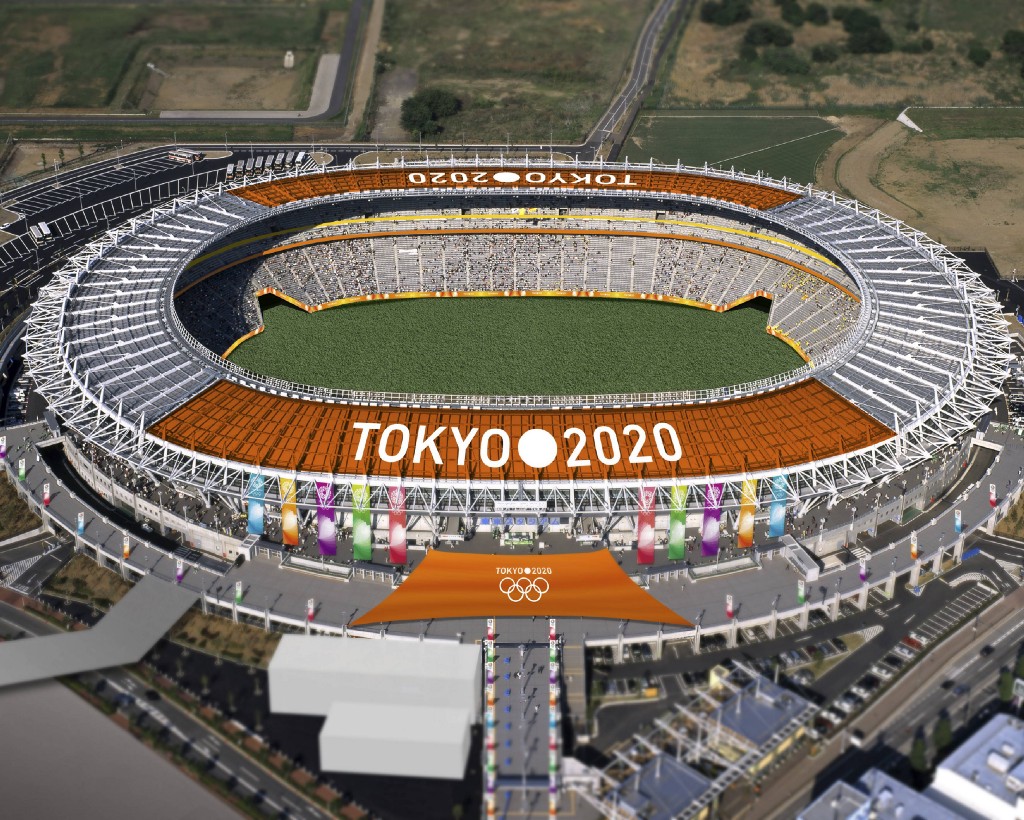Host cities often find that putting on the Olympics has more costs than benefits. Tokyo, host of the 2020 Summer games, sees a different kind of opportunity in the Olympics. The city is putting the U.N. Sustainable Development Goals at the center of its planning, and it wants to be a model for future Olympic cities.
To be carbon neutral, the Tokyo Games organizing committee aims to integrate renewable energy sources and technologies. New fuel cell vehicles for greener transit are part of the plans.
The committee is developing environmental and biodiversity standards for food supplies and plans to recruit an outside agency to certify that suppliers adhere to those standards. It is asking building contractors to consider environmental and community impacts when sourcing materials — though there are already concerns that the standards aren’t strict enough, The Asahi Shimbun reports. For the Paralympic portion of the Games, planners will solicit new city and housing designs that cater to people with disabilities to “leave legacies in the living environment.”
Tokyo’s goals align with the International Olympic Committee’s Sustainability Strategy, approved in 2016. An anonymous Tokyo Games committee member, quoted in The Asahi Shimbun, says: “If nothing else, we want to leave behind at least one good single measure that would serve as a catalyst to change society beyond 2020.”











